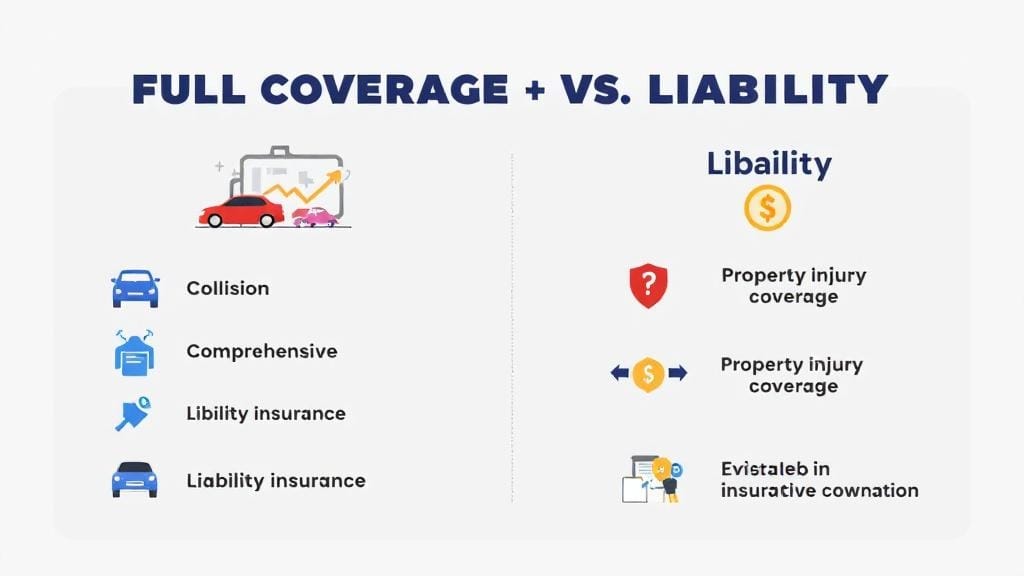Building wealth takes time, effort, and smart decisions. Whether you’re saving for a home, preparing for retirement, or simply aiming to secure your financial future, mastering money-saving strategies can make a significant difference in your journey. But how do you know where to start? In this guide, we’ll dive into money saving tips that can help you make the most of your income and build wealth faster.
By the end of this post, you’ll have a clear understanding of how to adjust your budgeting practices for life transitions, plan for major events, and make financially sound decisions during significant life changes.
Let’s jump right in!
Why Money Saving Tips Matter
Before we get into the strategies, it’s important to understand why money saving tips are essential for financial growth. Saving money consistently is the foundation of any strong financial plan. Without a solid savings strategy, it’s difficult to weather life’s inevitable changes, whether that’s a career shift, a move to a new city, or even starting a family.
A good savings plan doesn’t just help you meet day-to-day expenses; it allows you to build financial security, avoid unnecessary debt, and prepare for future financial milestones.
Key Benefits of Saving Money:
Financial Security: Saving money gives you a safety net, reducing stress during unexpected events.
Debt-Free Living: Consistent saving means less reliance on credit cards and loans.
Opportunities for Growth: With enough savings, you have more freedom to invest and grow your wealth.
Now, let’s explore some practical tips you can use to start saving more money today.
1. Create a Realistic Budget
Creating a budget might seem basic, but it’s one of the most effective money-saving tips you can implement. A realistic budget allows you to see exactly where your money is going and where you can cut back.
How to Create a Budget:
List all your sources of income.
Track all your expenses, both fixed (rent, utilities) and variable (groceries, entertainment).
Set realistic goals for saving a percentage of your income each month.
By sticking to a budget, you can manage your finances better and make smarter decisions when it comes to spending.
2. Plan for Major Life Events
Financial planning for big changes is crucial. Major life events like moving, getting married, or having a child can drastically impact your finances. Having a plan for these changes will help you navigate transitions smoothly and without unnecessary financial strain.
Tips for Budgeting During Life Transitions:
Budgeting for career changes: If you’re changing careers, save at least three to six months of living expenses to cover any unexpected income gaps.
Financial planning when starting a family: Anticipate costs like baby supplies, medical expenses, and additional insurance coverage.
Real-Life Example:
Sara and John were saving for a home when they learned they were expecting their first child. They adjusted their savings strategy by cutting back on dining out and increasing their emergency savings fund, ensuring they were financially prepared for both the baby and their home purchase.
3. Build an Emergency Fund
Having an emergency savings fund is one of the most important steps you can take to build wealth. This fund acts as a financial cushion when unexpected expenses arise. Whether it’s a car repair or medical bill, having money set aside means you don’t need to rely on credit cards or loans.
How to Build an Emergency Fund:
Aim to save at least 3-6 months’ worth of living expenses.
Start small by setting aside a percentage of your paycheck each month.
Keep the money in a separate, easily accessible account.
4. Cut Back on Unnecessary Subscriptions
It’s easy to overlook subscriptions that slowly eat away at your budget. From streaming services to monthly magazine subscriptions, these small payments add up over time.
How to Cut Back:
Review your subscriptions and cancel the ones you don’t use.
Consider sharing subscriptions with family or friends to reduce costs.
5. Adjust Your Budget for Relocation Costs
Relocation and career shifts are expensive, but with proper planning, you can minimize the financial strain. Moving costs can include everything from hiring movers to setting up a new home.
Budgeting for Moving Costs:
Research moving companies and compare quotes.
Take inventory of your possessions and sell or donate items you don’t need.
Estimate utility setup costs in your new location.
6. Save on Groceries with Smart Shopping
Groceries are a significant part of most household budgets. But with some smart shopping strategies, you can easily cut down on these costs.
Grocery Saving Tips:
Buy in bulk for items you use frequently.
Use coupons and cashback apps.
Plan meals around sales and seasonal produce.
7. Automate Your Savings
Set up automatic transfers to your savings account. Automating your savings ensures that you save a portion of your income before you even have a chance to spend it.
How to Automate:
Set up direct deposit so a portion of your paycheck goes directly into savings.
Use apps like Acorns or Digit to automate savings for small amounts.
8. Pay Yourself First
The “pay yourself first” concept means allocating a certain amount of your income to savings before paying bills or other expenses.
How to Implement:
Dedicate 10-20% of your monthly income to savings and investments.
Treat it like a bill you have to pay each month.
9. Take Advantage of Employer Benefits
Many employers offer benefits like retirement savings plans, health savings accounts, and even gym memberships. Take full advantage of these benefits to save money.
Employer Benefits to Maximize:
Retirement savings plans (401k): Contribute enough to get the employer match.
Health Savings Accounts (HSA): Use these for tax-free healthcare savings.
10. Find Cheaper Alternatives for Everyday Purchases
From coffee to toiletries, small daily expenses can add up quickly. Look for more affordable alternatives for everyday items.
How to Cut Daily Costs:
Brew coffee at home instead of buying it at a café.
Use store brands for items like cleaning products and food.
11. Track Your Spending
Many people are unaware of exactly where their money is going. Tracking your spending gives you a clear picture of your habits and areas where you can cut back.
Tools to Track Spending:
Use budgeting apps like Mint, YNAB (You Need a Budget), or PocketGuard.
Regularly check your bank statements to spot unnecessary charges.
12. Plan for Major Life Changes
Financial adjustments for life events should be planned in advance. Whether it’s a wedding, a move, or a career change, make sure your finances are prepared for these transitions.
13. Avoid Impulse Purchases
Impulse buying is one of the biggest drains on personal finances. To avoid this, develop strategies to help curb your spending.
Tips to Avoid Impulse Purchases:
Create a shopping list and stick to it.
Set a cooling-off period (24-48 hours) before making non-essential purchases.
14. Pay Off High-Interest Debt
High-interest debt, such as credit card debt, can eat away at your wealth. Prioritize paying it off to free up more money for savings.
How to Tackle Debt:
Focus on paying off the highest-interest debt first (the avalanche method).
Consider consolidating debt to lower your interest rates.
15. Take Advantage of Cash Back and Rewards Programs
Many credit cards offer rewards programs or cash back on purchases. Use these programs to save money on items you’re already buying.
16. Invest Early and Consistently
Start investing as soon as possible, even if it’s a small amount. The earlier you start, the more time your money has to grow.
17. Save on Transportation
Transportation costs can add up quickly, especially if you own a car. Here are some ways to save on transportation:
Carpool with friends or coworkers.
Use public transportation instead of driving.
Consider biking or walking for short distances.
18. Consolidate Your Subscriptions
If you’re subscribed to multiple streaming platforms or apps, consider consolidating them into one bundle to save money.
19. Negotiate Bills
You’d be surprised at how much you can save by simply negotiating your bills. Call your utility providers, insurance companies, and even your cell phone carrier to see if there’s room for discounts.
20. Review Your Financial Goals Regularly
Finally, regularly review your financial goals and adjust them as necessary. If you’re facing a life transition, like moving to a new city or getting a new job, revisit your budget and make adjustments.
FAQs: Money Saving Tips During Life Changes
1. How do I adjust my budget during a life transition?
You can adjust your budget by prioritizing essential expenses and cutting back on non-essentials. Reallocate funds to cover costs associated with the transition, such as moving expenses or starting a family.
2. What are the best savings strategies during a career change?
When transitioning careers, build an emergency fund and cut back on unnecessary expenses. If possible, negotiate a severance package or use savings to cover any income gaps.
3. How can I save money when starting a family?
Save by shopping smart, cutting back on discretionary spending, and building an emergency fund to cover the cost of healthcare, baby supplies, and additional expenses.
4. What are the major costs associated with relocation?
The cost of relocation includes moving expenses, temporary housing, utility setups, and possible travel costs. Plan ahead by getting quotes








Comments (0)